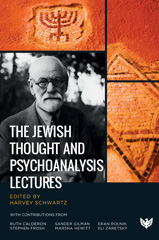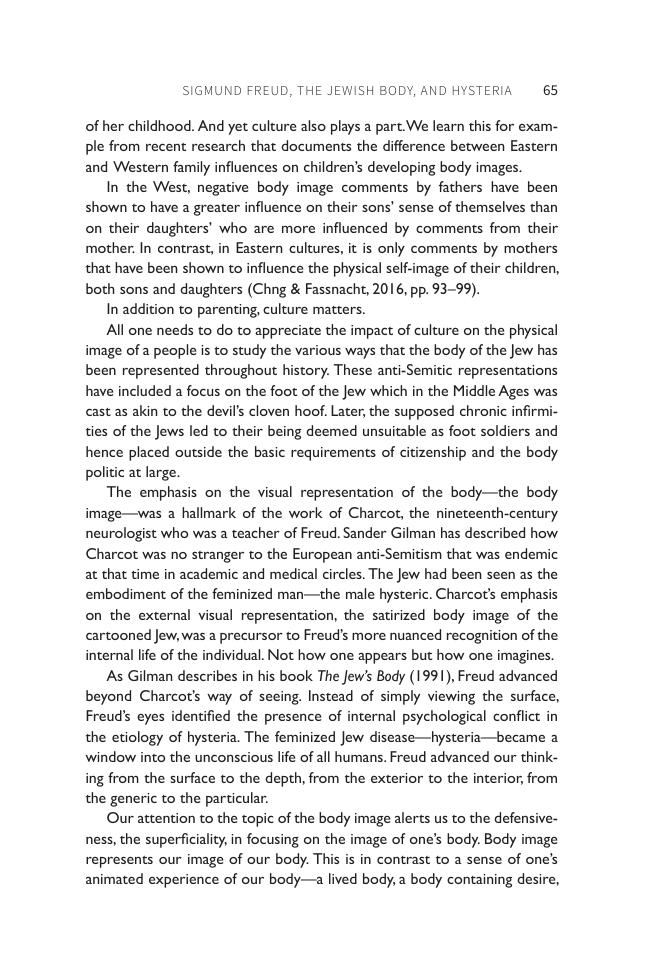The Jewish Thought and Psychoanalysis Lectures
156 p.
Thought-provoking explorations of the relationship between psychoanalysis and Judaism, which investigate themes of tradition, forgiveness, hysteria, the body, unconscious communication, religious experience, trauma, anti-Semitism, and victimization. Based on the hugely successful Jewish Thought and Psychoanalysis lecture series, it contains contributions from Eli Zaretsky, Stephen Frosh, Sander L. Gilman, Marsha Aileen Hewitt, Eran Rolnik, Ruth Calderon, and Harvey Schwartz. Freud's relationship with his Judaism - his by virtue of his self- description as a "fanatical Jew" - was framed by two of his convictions. He was centered both by his passionate cultural affiliation and by his atheism. Within these internal guideposts lay a Jewish life layered by tensions, pleasures, and identifications. His creation - psychoanalysis - has labored to honor its Jewish influences. Recent studies of these insights have contributed to the current interest in listening more carefully to the individual meanings of analysands'.
religious life. This lecture series was designed to introduce to the public both the similarities and the differences between the psychoanalytic and the Jewish world views. The contributors are among the thought leaders of our generation who work at the interface of the intrapsychic and religious states of mind. We learn how each has influenced the other and perhaps how each has been enriched by the other. A tour de force delving into the influence of Freud's Jewish roots on the development of psychoanalysis. [Publisher's text].
Special access authorizations may apply; please contact us for further information.
-
Information
ISBN: 9781800130197
DISCIPLINES



